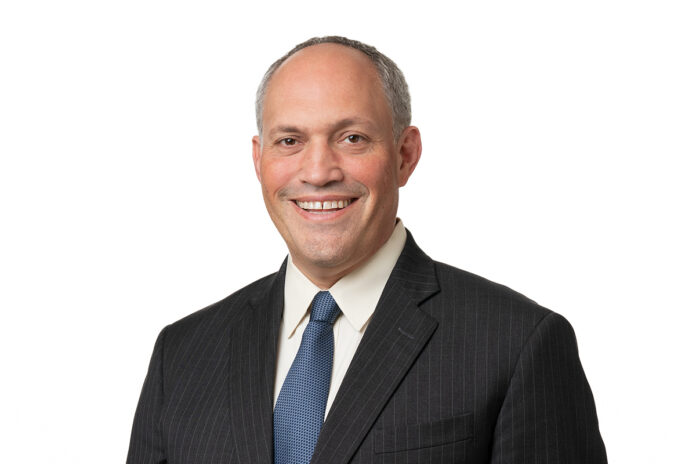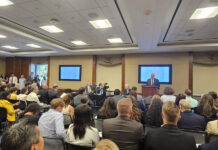After the exposure of Azerbaijan’s hand in the May 2024 New Caledonia protests, Azerbaijan’s President Ilham Aliyev doubled down, promising to sponsor separatism among other French territories across the globe.
Even if Azerbaijan attacks French territory, Aliyev does not necessarily need to worry about a NATO response. NATO defines itself geographically rather than by country and so excludes protection to overseas territories. Even Hawaii, still a territory when NATO was founded, falls outside NATO’s defensive commitments.
Diplomatically, however, delusional dictators also provide opportunities, when Western diplomats are savvy enough to seize them. When Turkey President Recep Tayyip Erdogan demanded revision of the 1923 Lausanne Treaty that set modern Turkey’s borders, the best response would have been to demand Ararat’s return to Armenia and Smyrna’s return to Greece. There can be no better antidote to genocide than demonstrating, even more than a century after, that its perpetrators will enjoy no permanent reward.
Aliyev is not a smart man. With the arrogance of Saddam Hussein or Vladimir Putin, he believed that by championing New Caledonian independence, he would punish France for demonstrating the commitment to defend Armenia’s territorial integrity.
The problem is that Aliyev knows nothing about New Caledonia. France took New Caledonia in 1853, using it first as a prison colony much as the British used Australia, and then as a mining center. While there were native Kanak uprisings in 1878 and 1917, these passed. After Paris fell to the Nazis, New Caledonians refused to answer to Vichy dictates and instead swore allegiance to free France. The island quickly became an important allied base. After World War II, France rewarded New Caledonians with citizenship regardless of their ethnicity and origin. While Azerbaijanis suffer as serfs if they are not connected to the Aliyev or Pashayev clans, New Caledonians are free and equal citizens and participants in France’s democracy.
This is not to say that all New Caledonians are happy. There are fringe activists that demand independence. France responded with maturity and confidence. In 2018, New Caledonia held an independence referendum in which native Kanaks could vote but recent immigrants to the island could not. The result? An overwhelming desire even by native Kanaks to remain part of France. The result was not an exception. In 2020 and 2021, subsequent referendums confirmed the result. Put simply, New Caledonia wants to keep its association with France in much the same way that repeated referendums show Puerto Ricans want to maintain their current relationship with the United States.








